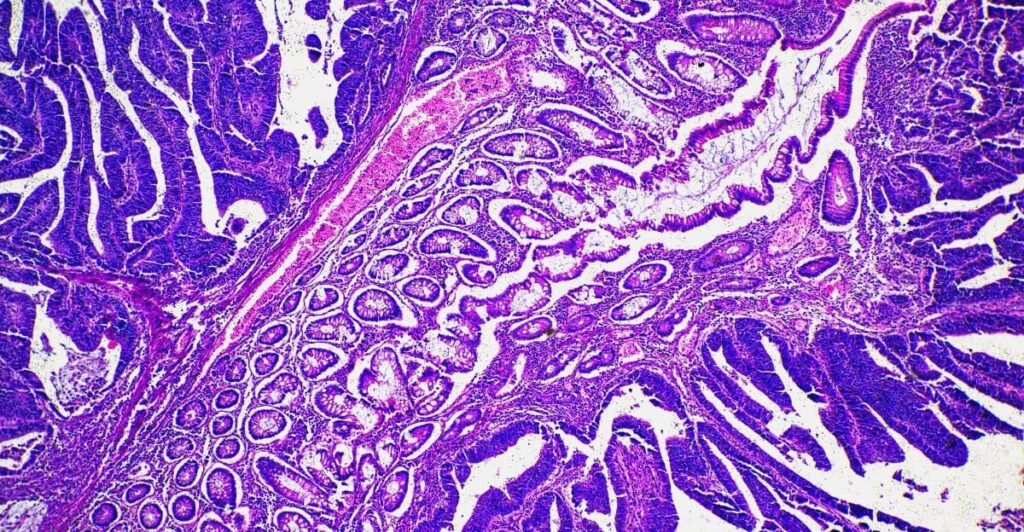
The emotional toll of hair loss caused by chemotherapy can be profound, often leading to a significant loss of self-confidence in many women. This distress may even deter some individuals from pursuing necessary cancer treatments, such as chemotherapy. However, recent findings bring renewed hope to breast cancer patients facing this challenging side effect.
Oral minoxidil, a widely recognized treatment for hair loss, has been prescribed for years to combat conditions like androgenetic alopecia. It is also the key active ingredient in the popular over-the-counter hair loss product, Rogaine. Minoxidil’s mechanism of action involves dilating blood vessels to enhance blood flow to hair follicles, which stimulates hair growth. Despite its efficacy, concerns have persisted about its potential cardiovascular side effects, such as chest pain, shortness of breath, or fluid retention, especially for individuals undergoing chemotherapy.
A groundbreaking study led by researchers at NYU Langone Health now offers reassuring evidence. The study evaluated the safety and effectiveness of low-dose oral minoxidil in breast cancer patients during or after chemotherapy. Results showed that the treatment not only promoted significant hair regrowth but did so without inducing serious heart-related side effects.
What the Study Found
The NYU Langone research team analyzed data from 51 breast cancer patients who had been prescribed low-dose oral minoxidil for hair loss between 2012 and 2023. The participants included women who had undergone various combinations of cancer treatments:
- 25 patients received chemotherapy along with surgery or radiation therapy.
- 26 patients underwent surgery or radiation therapy without chemotherapy.
Patients were monitored for a minimum of one month, and data on their tolerance to the medication, as well as its effectiveness, were recorded. Researchers also took into account demographic details, such as age, race, and medical history, to ensure a comprehensive analysis.
Results of the Analysis
Remarkably, all 51 participants experienced either noticeable hair regrowth or stabilization of hair loss within three to six months of starting the low-dose oral minoxidil treatment. Physician evaluations and patient self-reports confirmed the effectiveness of the therapy.
According to co-senior author Dr. Kristen Lo Sicco, associate professor at the Ronald O. Perelman Department of Dermatology, these findings demonstrate that low-dose oral minoxidil is not only effective but also safe for use in breast cancer patients. “The effectiveness of minoxidil may help patients regain a sense of self and control during a time when their autonomy feels diminished,” said Dr. Lo Sicco.
Addressing Safety Concerns
While the study’s findings are promising, researchers acknowledge that certain limitations exist. For instance, minor cardiovascular side effects, such as slight fluid retention, might not have been reported by patients or recorded in their medical charts. This could potentially result in underreporting of mild side effects.
Nonetheless, the study’s co-lead author, Devyn Zaminski, a medical student at NYU Grossman School of Medicine, emphasized that the results should provide breast cancer patients with reassurance about the safety of using low-dose minoxidil. Zaminski also highlighted the importance of further research to validate these findings across a broader range of cancer types and chemotherapy regimens.
Comprehensive Analysis of Minoxidil’s Benefits
This study is among the most extensive analyses to date on the use of oral minoxidil for hair loss in breast cancer patients. The researchers published their findings in the Journal of the American Academy of Dermatology on December 3.
Study participants’ experiences underscore the psychological benefits of combating chemotherapy-induced hair loss. Regaining hair growth not only improves physical appearance but also helps patients restore confidence and a sense of normalcy during their cancer journey.
Researchers Involved
The study was funded by NYU Langone Health and involved a multidisciplinary team of experts, including:
- Devyn Zaminski, BA (co-lead author)
- Kristen Lo Sicco, MD (co-senior author)
- Michelle Sikora, BS (co-lead author)
- Daniel R. Mazori, MD (co-senior author)
- Ambika Nohria, BS
- Deesha Desai, BS
- Michael Buontempo, MS
- Avrom Caplan, MD
- Mario Lacouture, MD
- Michael Garshick, MD
- Jerry Shapiro, MD
Additionally, Dr. Elise Olsen from Duke University in Durham, North Carolina, contributed to the research.
The Road Ahead
While the study highlights the safety and efficacy of low-dose oral minoxidil, researchers advocate for further investigations to explore its benefits for patients undergoing other cancer treatments. Expanding the study to include individuals with different cancer diagnoses could provide more robust evidence of minoxidil’s therapeutic potential.
This research has opened doors to a viable solution for hair loss, offering hope and reassurance to countless breast cancer patients. By improving both physical and emotional well-being, low-dose oral minoxidil could significantly enhance the quality of life for those navigating the challenges of cancer treatment.
